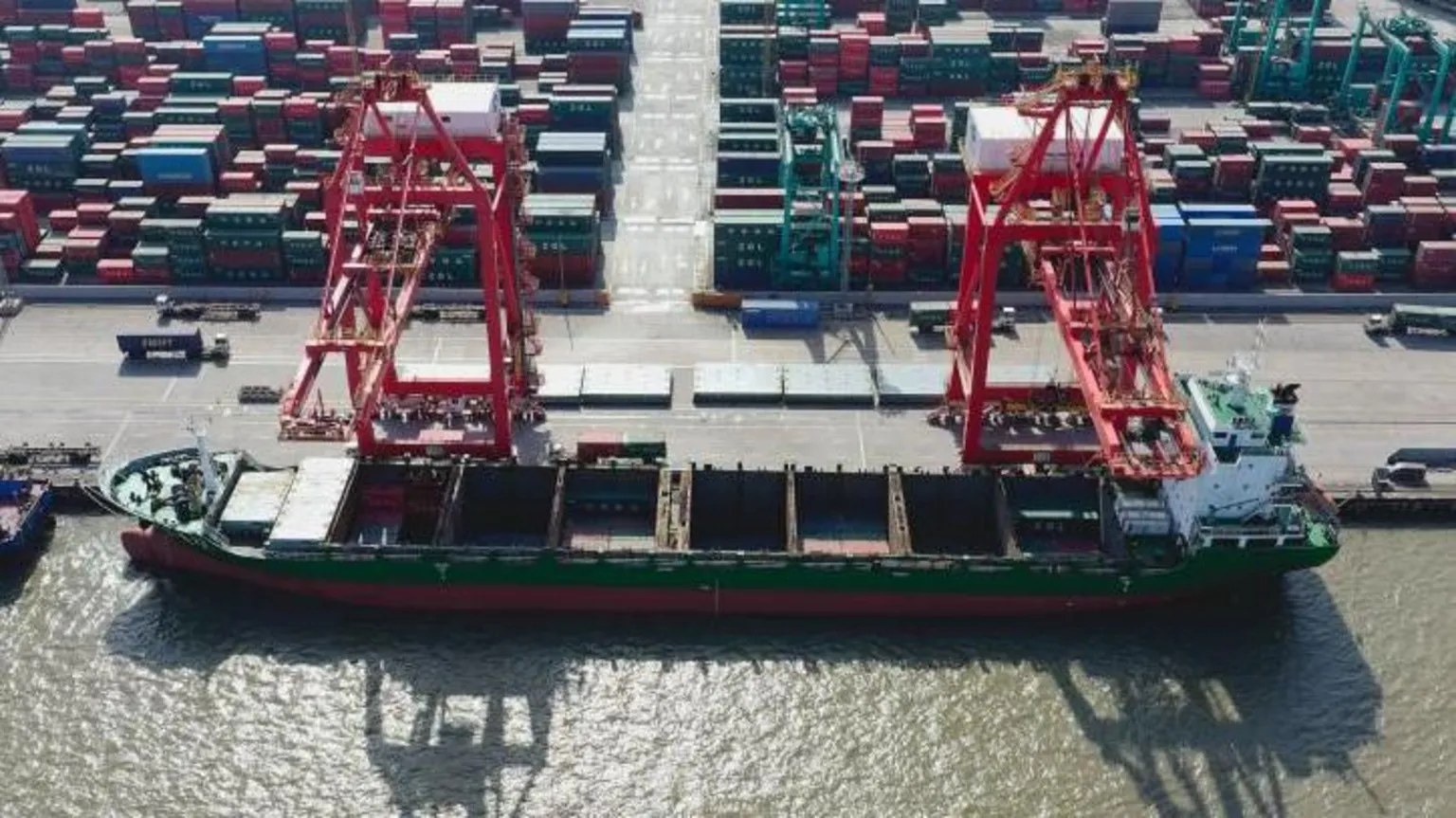US Navy Sailor Convicted of Spying for China: What It Means for National Security
Introduction
The conviction of a US Navy sailor for spying for China has reignited concerns about espionage threats, military secrecy, and foreign infiltration in America’s armed forces. As tensions between Washington and Beijing continue to escalate over technology, the South China Sea, and global influence, this case is more than just a courtroom verdict—it is a reflection of the deepening rivalry between two of the world’s most powerful nations.
This article will break down what happened, why it matters, and how the US is responding to the growing risk of espionage linked to China.
The Case: What Happened?
According to court reports, the US Navy sailor—whose name has been released in media outlets—was found guilty of conspiring with Chinese intelligence agents and transmitting sensitive military information. The sailor allegedly accepted thousands of dollars in bribes in exchange for providing classified details about Navy operations, ship movements, and defense strategies in the Indo-Pacific region.
Key revelations from the trial included:
- The sailor transmitted sensitive documents and videos related to US Navy operations.
- Payments were made by individuals linked to China’s intelligence services.
- The information passed on could have endangered US service members and allies.
- Prosecutors highlighted the case as an example of China’s aggressive intelligence-gathering efforts.
The sailor now faces a lengthy prison sentence, serving as a reminder of the zero-tolerance policy for espionage in the United States military.
Espionage Between the US and China
Espionage cases involving China are not new. For decades, Washington has accused Beijing of using a combination of traditional spying, cyber hacking, and corporate theft to gather sensitive information.
Recent Espionage Cases
- 2022: A former CIA officer was convicted of spying for China after leaking defense secrets.
- 2021: Several researchers at US universities were accused of hiding ties to Chinese military institutions.
- Ongoing: The FBI has labeled China the biggest espionage threat to the United States, with investigations ongoing in all 50 states.
China, for its part, has repeatedly denied these allegations, claiming the US is “hyping up” espionage fears for political reasons.
Why This Case Matters
The conviction of the US Navy sailor is not just another legal headline—it raises critical security and political questions.
1. Threat to Military Operations
Sensitive military information in the wrong hands could compromise missions, expose vulnerabilities, and put lives at risk.
2. Geopolitical Tensions
The case comes at a time when US-China relations are already strained over Taiwan, the South China Sea, and semiconductor technology battles.
3. Impact on Trust Within the Ranks
The US military depends on trust and loyalty. A case like this forces military leadership to reconsider internal screening and counterintelligence measures.
4. Public Perception
High-profile espionage cases fuel public concerns about national security, foreign influence, and the extent of China’s reach.
US Government’s Response
Following the conviction, US officials emphasized that safeguarding military secrets is a top priority. The Department of Justice and the Pentagon announced tougher measures to detect and deter espionage.
Some steps include:
- Increased background checks and security screenings for military personnel.
- Enhanced training programs to educate service members about espionage risks.
- Strengthened cybersecurity protocols to protect classified communications.
- Expanded cooperation with allies to share intelligence on Chinese espionage activities.
China’s Stance
China has predictably dismissed the allegations as “groundless” and accused Washington of using espionage cases as a political tool to justify hostility. However, experts argue that Beijing’s intelligence operations are well-documented and form a key part of its global strategy.
Espionage in the Modern Era
The nature of espionage has evolved. It’s no longer just about stealing physical documents or recruiting spies within military ranks—it now involves cyber intrusions, technology theft, and corporate espionage.
- Military Espionage: Targeting soldiers, contractors, and defense officials.
- Corporate Espionage: Stealing intellectual property from US tech companies.
- Cyber Espionage: Hacking into government networks to steal classified data.
This latest conviction shows that traditional human intelligence (HUMINT) still plays a vital role alongside cyber operations.
What Experts Are Saying
Security experts view the case as a wake-up call. According to former defense officials, China’s intelligence gathering is:
- Persistent: It spans across military, academic, and corporate fields.
- Sophisticated: Blending cyber and human methods.
- Strategic: Targeting areas that give China an edge in global power competition.
They warn that the US must remain vigilant, as China’s espionage efforts are unlikely to slow down.
How This Affects US-China Relations
The conviction of a US Navy sailor for spying will likely add further strain to already fragile diplomatic relations.
- Military Cooperation: Minimal to none, given mutual distrust.
- Trade Negotiations: Already tense over tariffs and technology controls.
- Public Opinion: Rising suspicion of China among Americans.
Preventing Future Breaches
To prevent similar cases in the future, the US military and government agencies are expected to implement stricter controls:
- Frequent Monitoring: Regular checks on personnel with access to classified information.
- Financial Surveillance: Detecting unusual money transfers that may indicate bribery.
- Counterintelligence Training: Making every sailor and officer aware of foreign recruitment tactics.
- Whistleblower Encouragement: Creating secure channels for reporting suspicious activity.
The conviction of a US Navy sailor spying for China is a stark reminder that espionage is alive and well in the 21st century.
As Washington strengthens its defenses against espionage , Beijing continues to deny wrongdoing, the rivalry between the two powers is set to deepen further. For Americans, this case is not just about one sailor’s betrayal—it is about safeguarding the future security of the nation.
- US Navy sailor convicted of spying for China
- China espionage cases US
- US military espionage news
- China spying in America
- US China relations espionage
- national security threats US Navy





